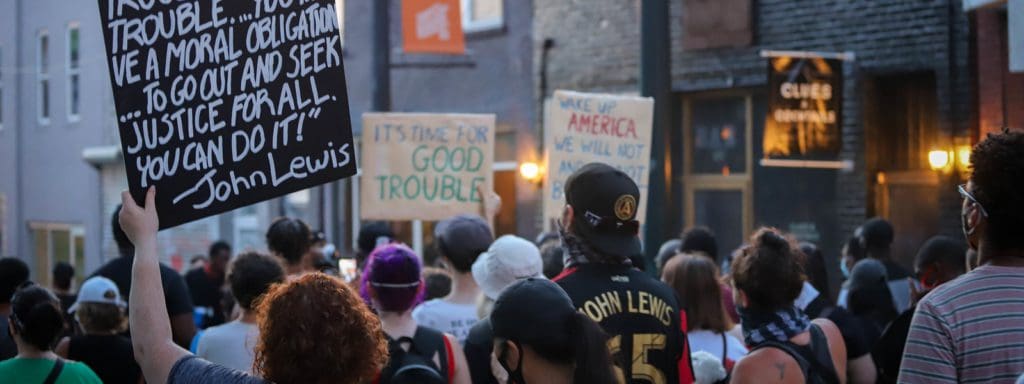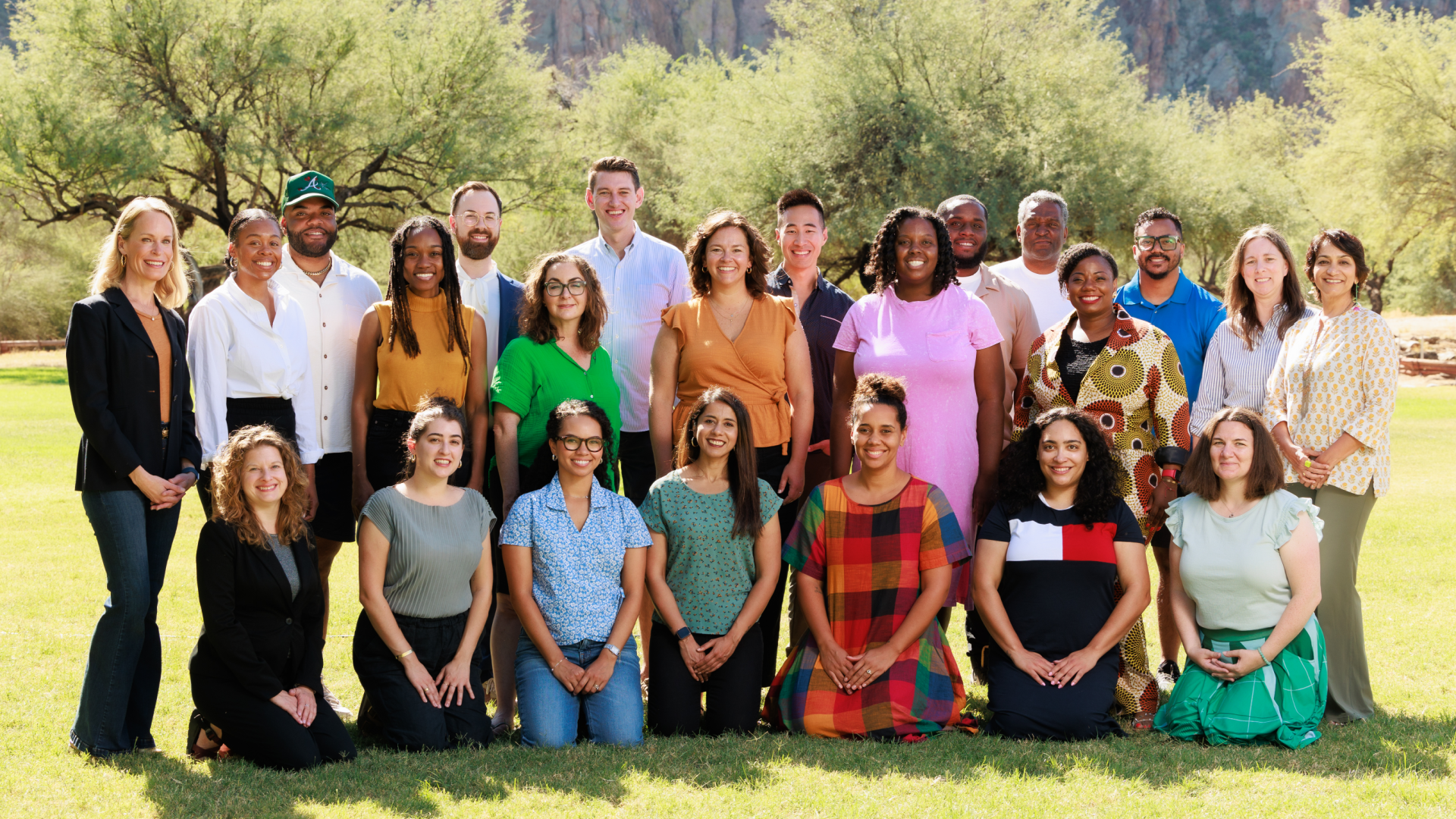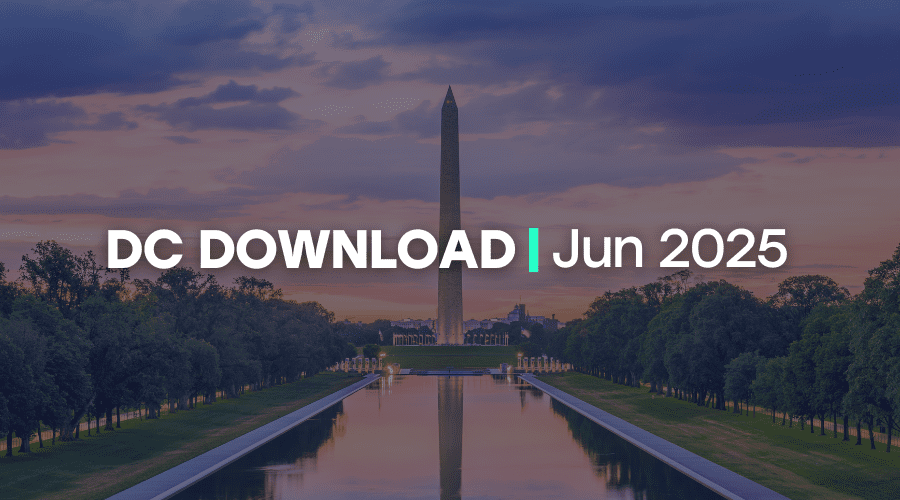A Right Denied Is a Promise Deferred
“But somewhere I read of the freedom of assembly. Somewhere I read of the freedom of speech. Somewhere I read of the freedom of press. Somewhere I read that the greatness of America is the right to protest for right. “— Dr. Martin Luther King, Jr.
“But somewhere I read of the freedom of assembly. Somewhere I read of the freedom of speech. Somewhere I read of the freedom of press. Somewhere I read that the greatness of America is the right to protest for right. “— Dr. Martin Luther King, Jr.
Summer is more than just the warmth of the sun or nostalgic memories of family vacations. It is the season of freedom. A season that celebrates our country’s independence and the many civil liberties upon which it was founded. July 4th marks the anniversary of the Second Continental Congress adopting the Declaration of Independence, which authorized America’s independence from the tyranny of Great Britain. This years’ Independence Day came on the heels of the nation taking a long-awaited, but requisite step in reckoning with its past by acknowledging June 19th as a federal holiday. June 19th, also referred to as “Juneteenth,” recognizes the day when news of emancipation reached Galveston, Texas in 1865 — two years after the official abolishment of chattel slavery. Though each observance memorializes a day of independence, both holidays differ in perspective, particularly among communities of color. While many consider Juneteenth to be the earliest liberation and the most celebrated commemoration of emancipation for Black Americans, I — as a native Texan and descendant of enslaved people— have always viewed this day as a painful reminder of the intermittent progress towards an American Dream that has yet to be fully realized.
For many, celebrations of American independence illuminate the long-lasting and far-reaching legacies of slavery. Famed author, activist, and abolitionist Frederick Douglass predicted this sentiment during1852 address entitled What to the Slave is the Fourth of July, “Your high independence only reveals the immeasurable distance between us. The blessings in which you, this day, rejoice, are not enjoyed in common. — The rich inheritance of justice, liberty, prosperity and independence, bequeathed by your fathers, is shared by you, not by me. The sunlight that brought life and healing to you, has brought stripes and death to me. This Fourth [of] July is yours, not mine. You may rejoice, I must mourn.” The words of Frederick Douglass still resonate with many marginalized groups as the inequities that were produced by slavery remain prevalent across every domain of life.
The act of establishing Juneteenth as an inaugural holiday is emblematic of a longstanding effort to advance symbolic victories in lieu of structural change as policymakers who supported this initiative simultaneously endorsed policies that prohibit educators from teaching the legacy of this very history. This policy trend, coupled with legislative efforts that perpetuate historical patterns of voter disenfranchisement, undermine the many freedoms that Juneteenth and Independence Day represent.
While educating the general public about the historic origins from which racist symbols and emblems derive is undoubtedly a first and important measure in addressing America’s history of exploiting marginalized groups, it doesn’t resolve the underlying inequities. The dismantling of racist statues, imagery, and symbols should be the starting point, not the solution itself. Without substantive policies, symbolic gestures are nothing more than mere acts of pacification presented as progress. Such measures must be accompanied with reforms of similar strength and efficacy.
Resistance to Social Change: A Tale as Old as Time
Summer protests have long served as catalysts for systemic change. As long as there has been injustice, there has been resistance. Historically, activists and community organizers have taken to our nation’s public streets to amplify the voices of the unheard. As a result, public spaces and infrastructure have remained deeply intertwined with our First Amendment rights. Previous chapters throughout history illustrate the importance of our nation’s streets and roads as protected sites of protest. In fact, many of the civil liberties that are enjoyed by marginalized groups today emerged from demonstrations. The profound impact of many protests, including the March on Washington, 1964 Freedom Summer, Tulsa Race Massacre, Red Summer of 1919, Children’s Crusade of 1963, and the 1969 Stonewall Uprising galvanized organizers for generations to come.
During the 1965 voting rights march, thousands of protesters walked 54 miles from Selma to Montgomery, in which demonstrators utilized bridges, sidewalks, dirt roads, and highways in both rural and urban areas of Alabama. The following year, over 15,000 protesters, including notable civil rights leaders, Martin Luther King, Jr. and Stokely Carmichael, occupied roads and interstate highways from Memphis, Tennessee to Jackson, Mississippi in their pursuit to register over 4,000 Black voters. During this time, prominent and often misunderstood Minister El-Hajj Malik El-Shabazz, formerly Malcolm X, organized mass assemblies in public spaces throughout midwestern and northeastern cities to share messages of economic empowerment and racial justice. In 1966, approximately 75 supporters joined union and labor organizer Cesar Chavez and the National Farm Workers Association on a 340-mile march from Delano to Sacramento to protest unethical employment practices for agriculture workers. The protesters were greeted by 10,000 advocates upon their arrival to the California state capitol twenty-five days later.
Anti-Protest Laws: A Solution In Search of A Problem
Freedom of assembly and association are longstanding vehicles through which the nonprofit sector has routinely advanced social change, legislative victories, and progress towards shared needs and objectives. However, we cannot celebrate progress without acknowledging the prevalent and persistent disparities that remain. To date, America has continued to default on its promise to protect the right to peaceably assemble. Recent demonstrations against systemic and institutional inequality have resulted in a historic increase of legislative attacks that seek to deter activism through the implementation of policies that enhance civil and criminal penalties. Within the last year, over 80 restrictive measures have been passed or introduced in 34 state legislatures. This upsurge in anti-protest laws is consistent with laws that have historically been used to target demonstrations led by environmental, Indigenous, and civil rights groups surrounding critical infrastructure, including the construction of natural gas oil pipelines, landowner rights, and more. In response to these protests, several states have proposed and enacted legislation that seeks to protect infrastructure from trespass and vandalism.
Restrictive measures that infringe upon the right to protest have come in many forms. Currently, those who wish to join in peaceful protest or assembly risk police violence, mass arrests, infiltration, surveillance, increased penalties for obstructing traffic or sidewalks, and the criminalization of protest itself. Restrictions in new measures range from “unreasonable noise,” to wearing a mask during demonstrations, to online criticism of a police officer, elected official, or public employee. Provisions in newly enacted bills absolves drivers who strike and injure protesters in public streets and bars constituents who are convicted of unlawful protesting from accessing student loans, unemployment benefits, housing assistance, and more. These vague and broad definitions have permitted excessive discretion that allows the criminalization of legitimate protest and free assembly activities.
Nonprofit Impact: The Consequences Of Censorship Are Not Hypothetical
What do anti-protest and restrictive voting laws have in common? They both impose significant barriers to nonprofit advocacy.
It is through the right to assemble that many nonprofit and community organizations were established. As a vibrant marketplace of community-driven solutions, civil liberties serve as a platform for constituents to partake in civic activities, express dissenting opinions, and inform policy solutions. Civic assemblies pave a pathway for constituents to petition the government for a redress of grievances, which in turn helps to ensure that the public sector and the agencies that comprise it are accountable to the people. The enactment of the anti-protest bills will result in a widespread attempt to silence marginalized voices, including those served by nonprofits who are often excluded from the democratic process.
Whenever progress is achieved resistance to social change is sure to follow. Consequently, the current fight for a fair and representative democracy, critical infrastructure laws, and demonstrations all mirror a time in history that we’ve seen before. The sector’s ability to advance nonprofit causes and missions hinges upon our willingness to combat regressive tactics. Democratic principles cannot be translated into support for public policies that will bring equality to fruition without high-impact practices that ensure equal access and participation.



